Publications
Articles, publications, books, tools and multimedia features from the U.S. Institute of Peace provide the latest news, analysis, research findings, practitioner guides and reports, all related to the conflict zones and issues that are at the center of the Institute’s work to prevent and reduce violent conflict.

Iraq’s protesters just ousted a prime minister. Now what?
Iraq faces a new political crisis and the risk of more violence after its prime minister, Adel Abdul Mahdi, resigned under pressure from two months of mass demonstrations by youthful protesters. More than 400 people have been reported killed amid authorities’ forceful attempts to disperse the youthful protesters, who say a corrupt elite is failing to provide basic government services and share the country’s wealth with citizens. But Abdul Mahdi is stepping down only after Iraq’s most prominent Shia cleric withdrew his support. USIP’s Sarhang Hamasaeed and Elie Abouaoun discussed where the crisis could lead.

Nancy Lindborg on the Role of People Power in Global Security
Returning from the Halifax International Security Forum, USIP President and CEO Nancy Lindborg explains why the growing number of “people power” movements around the world have left her optimistic, saying “the notion of what constitutes national security continues to evolve…security includes governments that are responsive to the needs of their people.”

Engaging the Post-ISIS Iraqi Religious Landscape for Peace and Reconciliation
Religious actors in Iraq wield considerable influence, and Iraqis perceive them as playing an important role in moving the country toward peace. This report analyzes the influence of Iraq’s religious actors—who has it, why they have it, and how they exercise it—to illuminate their crucial role in supporting peace and reconciliation efforts and to help policymakers and practitioners understand how to engage them in efforts to advance peace.

Engaging the Post-ISIS Iraqi Religious Landscape for Peace and Reconciliation (Arabic)
Religious actors in Iraq wield considerable influence, and Iraqis perceive them as playing an important role in moving the country toward peace. This report analyzes the influence of Iraq’s religious actors—who has it, why they have it, and how they exercise it—to illuminate their crucial role in supporting peace and reconciliation efforts and to help policymakers and practitioners understand how to engage them in efforts to advance peace.
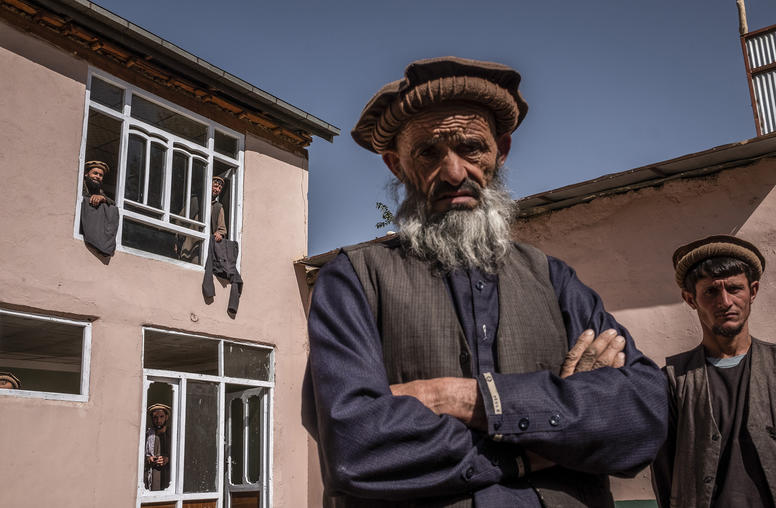
Will a Prisoner Swap with the Taliban Push the Afghan Peace Process Forward?
It’s been over two months since President Trump announced a halt to U.S.-Taliban peace talks. In a move that could revive the moribund peace process, the Afghan government and Taliban completed a prisoner exchange that had been announced last week but then delayed. An American and Australian professor held by the Taliban were freed in return for three senior Taliban figures. Meanwhile, Afghanistan’s September 28 presidential election remains undecided, further complicating peace efforts. USIP’s Scott Worden looks at what impact the prisoner exchange could have on the peace process, how regional actors have sought to fill the vacuum in the absence of the U.S.-led talks and the connection between negotiations and the election.

Lucy Kurtzer-Ellenbogen on the Latest with the Israeli-Palestinian Conflict
As Israel appears headed for another election, the U.S. has reversed its long-standing position on the legality of Israeli settlements. The decision, according to USIP’s Lucy Kurtzer-Ellenbogen, “comes after a long stream of events that’s made the possibility of bringing the parties back to the table extremely hard to imagine.”
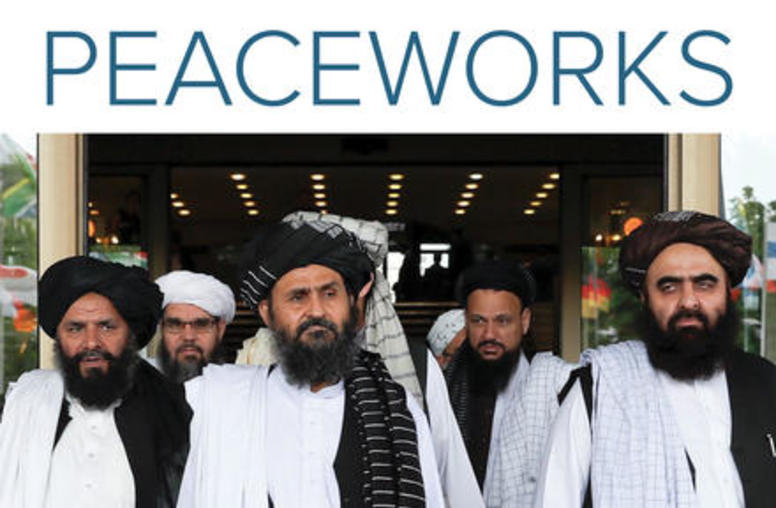
Insurgent Bureaucracy: How the Taliban Makes Policy
The system of shadow Taliban governance and the experiences of civilians subject to it are well documented. The policies that guide this governance and the factors that contribute to them, however, are not. This report examines how the Taliban make and implement policy. Based on more than a hundred interviews and previously unreleased Taliban documents, this report offers rare insight into Taliban decision-making processes and the factors that influence them.
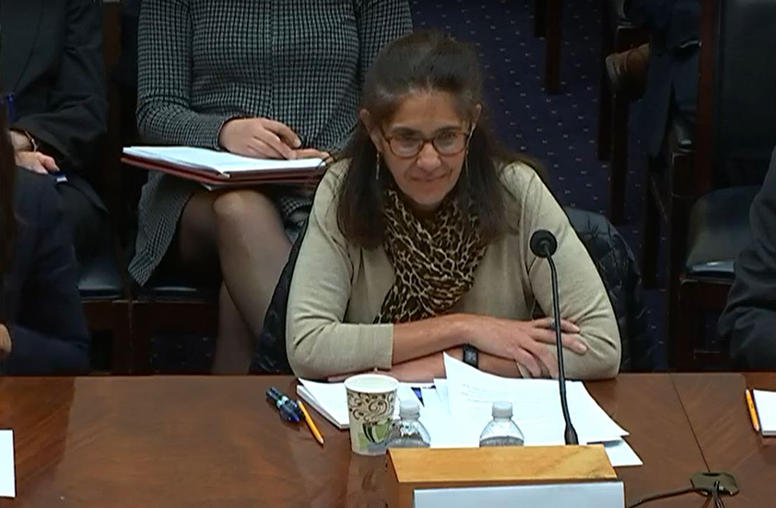
What’s Next for Lebanon? Examining the Implications of Current Protests
Mona Yacoubian, senior advisor for Syria, Middle East and North Africa, testified on November 19 at the House Foreign Affairs Subcommittee on Middle East, North Africa, and International Terrorism's hearing on “What’s Next for Lebanon? Examining the Implications of Current Protests.” Her expert testimony as prepared is presented below.
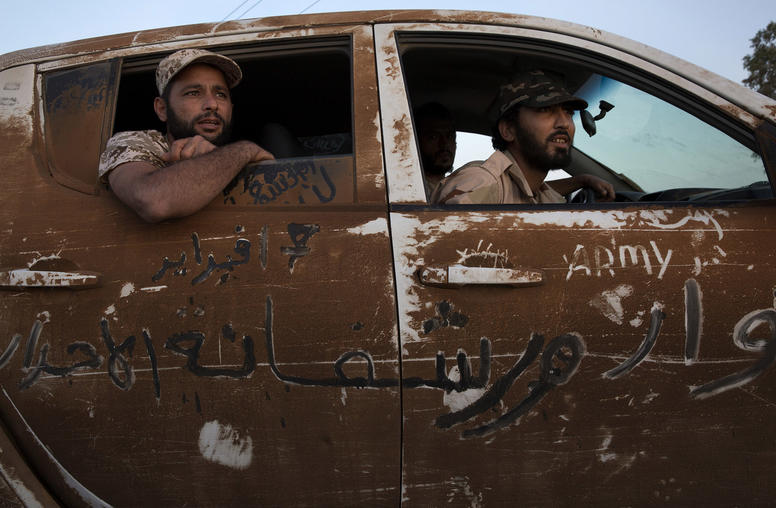
In Libya, Peace is Possible if Foreign Interference Ends
If foreign powers ceased their involvement in Libya, the country’s protracted civil war could come quickly to an end, said Mohamed Syala, the foreign minister of the Government of National (GNA), in an interview with the U.S. Institute of Peace. The role of outside powers in Libya’s conflict has garnered renewed international attention in recent weeks as Russia has ramped up its support for Field Marshall Khalifa Haftar’s forces.
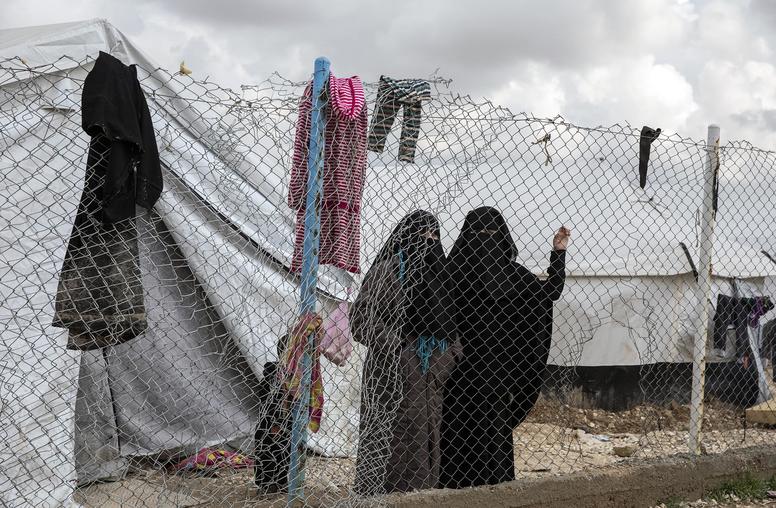
What Policymakers Can Learn About Gender from Terrorists
The road to violent extremism is neither simple nor predictable, with diverse motivations and discrete, individual paths. No singular profile accurately describes all those who decide to join. Millions of people may experience similar situations and live in similar contexts but never join an extremist group, while some people will join who would we would not deem at risk. This makes preventing and countering violent extremism exceptionally difficult. It’s an even more intractable task when gender is an afterthought, or worse, gender is used to justify over-simplified, one-size-fits-all approaches.